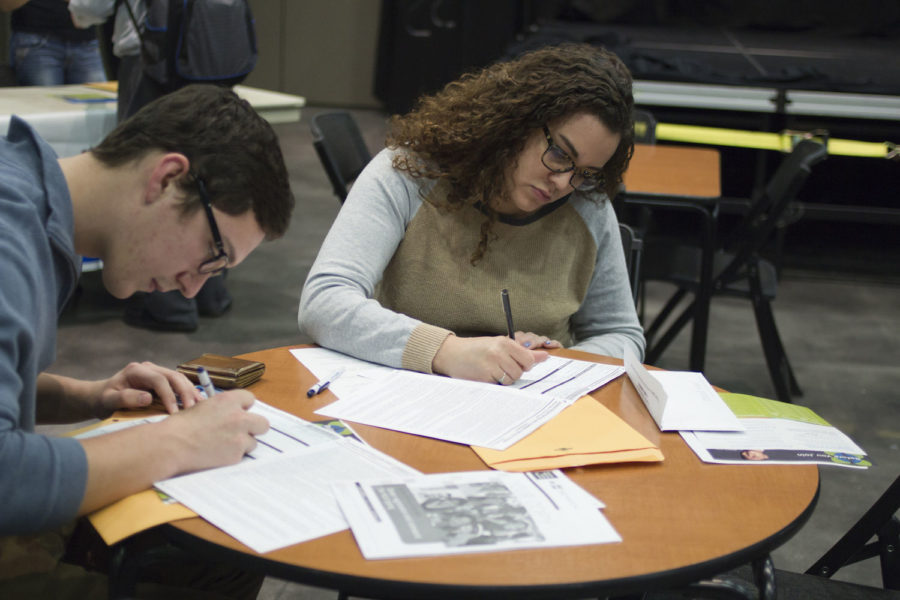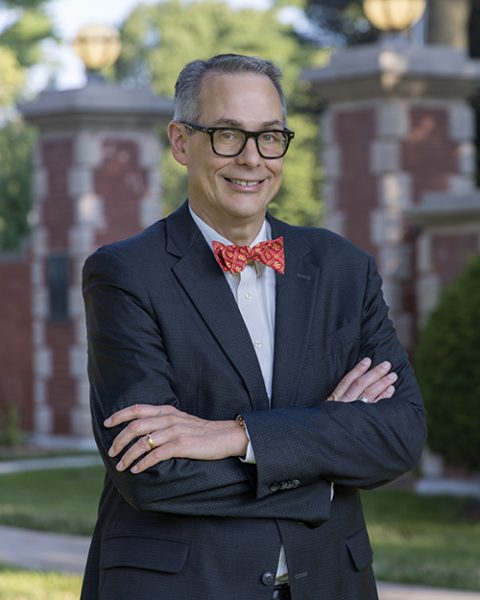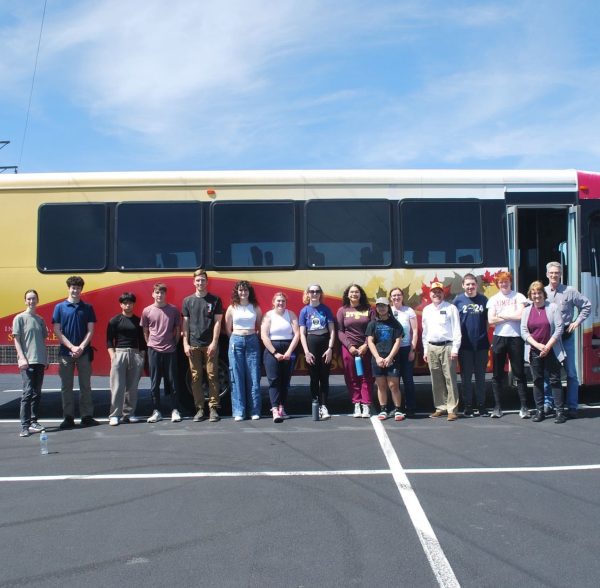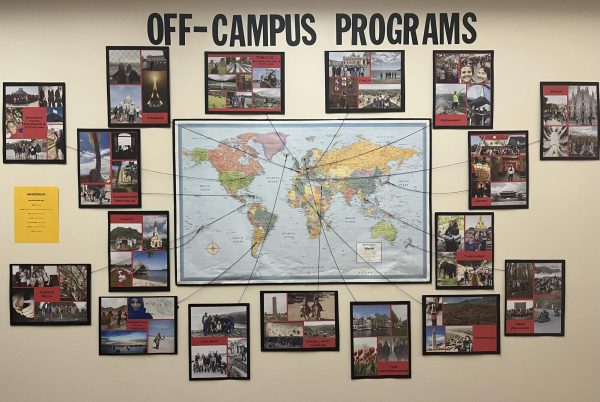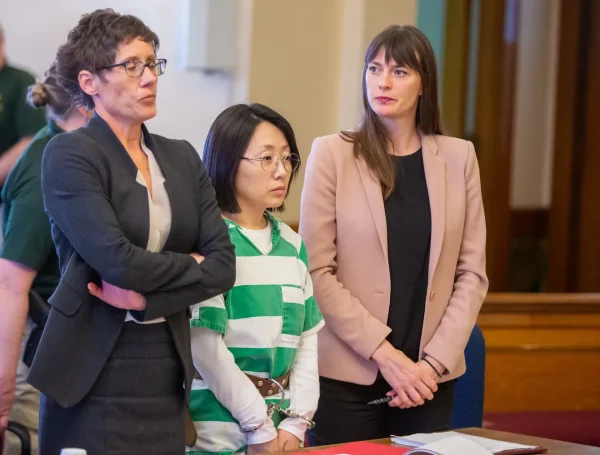Someone’s perfect match: Simpson students work to register bone-marrow donors
February 3, 2015
In 2015, the American Cancer Society estimates that 1,658,370 people will be diagnosed with some form of cancer and 589,430 will pass away from cancer. Beta Beta Beta, the national honor society for biological sciences, is trying to help lessen the number of deaths.
Be The Match came to campus to help people register to be a bone-marrow donor. Because there are so many different requirements to be someone’s match, there is a good chance that many of those registered will never be called. Emily Magers, president of Tri-Beta and a registered donor, explained what pushed her to register.
“It’s really hard to find a donor and the fact that 70 percent of people who need one don’t find one, it’s kind of heartbreaking. Those statistics were what pushed me and it was really easy to do,” Magers said.
In order to be someone’s match, there are two key factors. The first and most important is finding someone with close human leukocyte antigens (HLA) that match the patient as much as possible. Second, race and ancestry play a large part in finding a match.
When a patient is given the cells from the donor’s body, these cells regenerate and multiply in order to fill the body with good cells. This means that the patient’s blood and immune system become the same as the donor’s. Colleen Reardon, a manager for the Donor Services Program (Be the Match) at the University of Iowa, said that all aspects of the donor’s system become a new system for the patient.
“When you donate to them, it’s your cells you’re donating. It goes into their body and starts to grow and make a whole new blood-making factory,” Reardon said. “They get your immune system.”
All of these separate pieces are why it is so important for medical professionals to find as close a match as possible. Brooke Preston, a senior involved in Tri-Beta, explained why it is so important for someone to sign up to be a donor.
“If you are the person that gets to help save someone else’s life, that’s pretty cool,” Preston said.
Reardon emphasized that the donating process isn’t for everyone. Some people wouldn’t be able to handle it. But, she said that if someone does sign-up to be a donor, they could be the factor in saving someone’s life.
“Just in Iowa alone, we’ve had hundreds of people come forward and donate to save all of those lives. There are patients right now in Iowa and not one of the 20 million donors matches them,” Reardon said. “About half of Iowans who need a bone marrow transplant, we find their donors in Germany.”
Magers, Reardon and Preston all hoped people would sign up to be donors and be that change for someone who needs it. Each person could save someone’s life and each person’s donation could make the difference.



